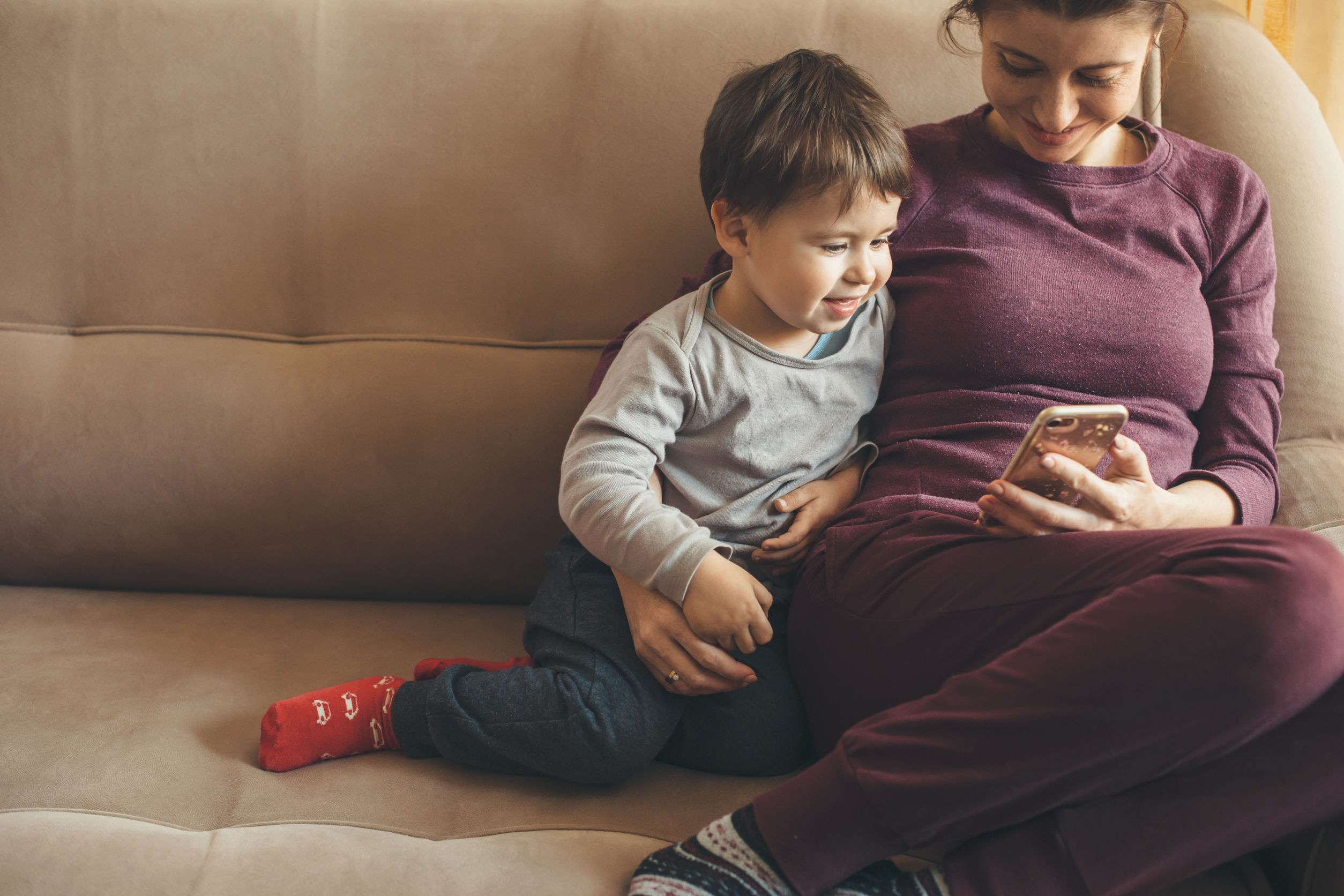
Introduction
Health concerns, social distancing, self isolation and the closure of schools, colleges and many public services and businesses have added pressure to families.
Most parents / carers are now providing full time care for their children at home and many are also trying to work from home themselves.
The impact on children / young people
The impact on children and young people of these changes will vary greatly and their reactions can depend on many aspects such as their age, understanding, past experiences, mental health and how they normally manage change, stress and worry.
You may have already noticed differences in your child/young person such as:
- Asking questions about health, Coronavirus and what will happen
- Showing physical symptoms of worry or stress such as an upset tummy
- Sleeping differently
- Making statements that they are worried about their health or someone else’s.
These concerns can all be really difficult to manage and deal with during an ever changing period of uncertainty.
How parents / carers can help
Children/young people can pick up worry from those around them, by responding calmly and confidently answering their questions, you will be in a stronger position to offer the best support and advice. Now more than ever it is more important to look after your own mental health, so you are able to support the mental health of your family.
Click here to find information and resources to help you.
Helping your child / young person with stress or worry
It is understandable that all children / young people may experience stress and worry at this time, with changing routines and increasing restrictions to their social lives, alongside hearing frequent news updates on the crisis.
For those children / young people who are already living with a diagnosed mental health problem, such as anxiety, the current crisis could be adding feelings of worry, uncertainty, panic and doom.
It is therefore really important that we make sure we are communicating with all children / young people in the best possible way to support them and to help ease their feelings where we can.
Here are some useful tips to try:
Activities for children
Coronavirus has seen the release of lots of different daily activities that aim to help children and young people remain active and support their wellbeing during the pandemic. To help keep track of all of these great resources we have created a downloadable timetable that you can share with the families and children you work with.
Helplines
If your child would like to speak to someone anonymously, here are some useful organisations that could help.
- Shout provides free, confidential support, 24/7 via text for anyone at crisis anytime, anywhere.
- ChildLine provides a confidential telephone counselling service for any child with a problem. It comforts, advises and protects.
- The Mix provides a free confidential telephone helpline and online service that aims to find young people the best help, whatever the problem.

